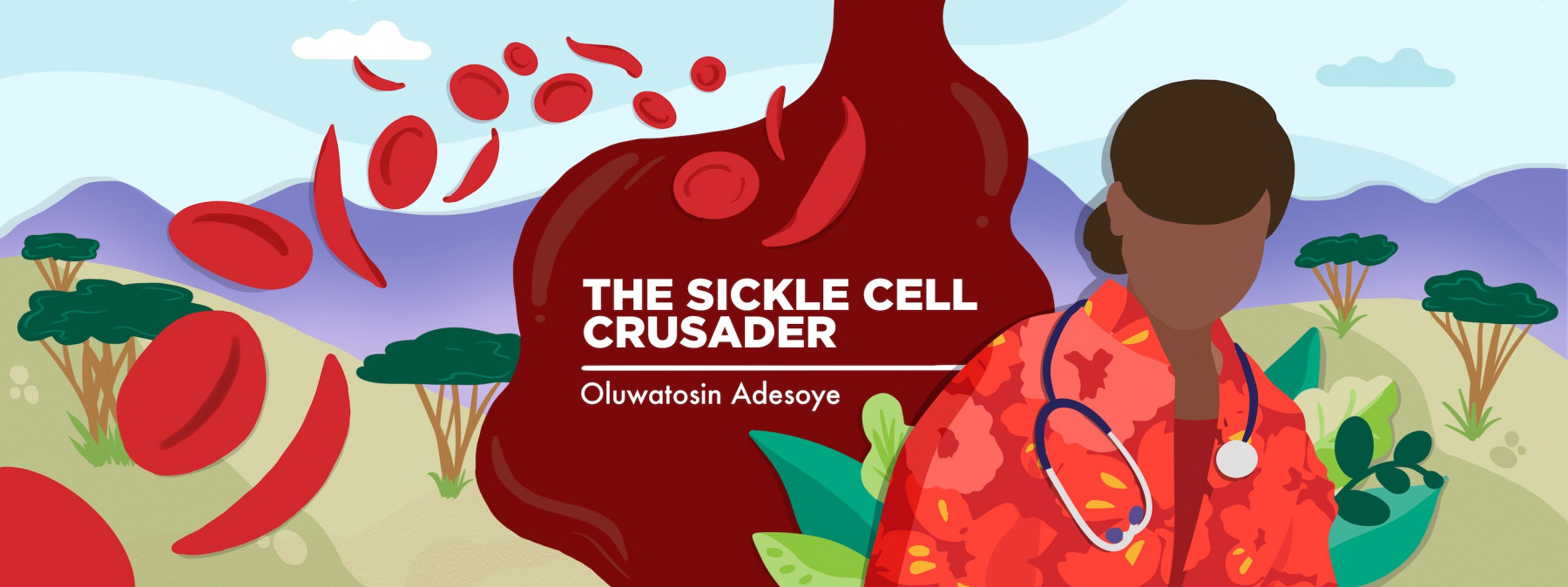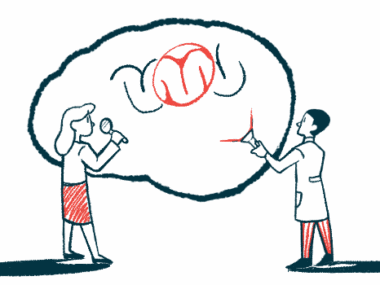The difficult reality of dealing with invisible sickle cell complications
Appearances can be deceptive, resulting in misunderstandings
Written by |

Sickle cell disease can manifest as both a visible and invisible illness, depending on the individual and their unique complications. For some, the symptoms are apparent, but for others, the disease remains largely hidden.
Many sickle cell patients are prone to stigma and discrimination. When the disease is visible, people may be more likely to offer understanding, empathy, and support, as the patient’s symptoms are obvious. But when sickle cell is invisible, it’s often the opposite.
The recent loss of a fellow sickle cell warrior drove home this reality. As news of his passing spread, many people expressed shock and surprise, commenting on how well he had looked. Despite enduring significant challenges that ultimately led to his death, his outward appearance masked the severity of his condition.
My experience
I have experienced both visible and invisible complications of sickle cell disease. If I had to choose the most disabling issues I’ve faced in my 38 years, I would — perhaps surprisingly — not choose my physical disabilities, bone deformities, avascular necrosis, or other visible complications.
Instead, I’d choose the invisible ones: chronic fatigue and pain. It’s because of these complications that sickle cell warriors may be called lazy by those who haven’t walked in our shoes. These symptoms are often invisible, but they’re the most incapacitating for me.
Chronic fatigue and pain can make one feel completely useless because they take away our ability to function and cope with work, school, and daily life. These complications can occur at any age, but are more common and severe in adults. They get worse with age and make it harder to handle even minimal stress. We may feel exhausted, in pain, and close to collapsing, but look perfectly well to most people.
I’ve gone to work feeling extremely unwell, only to hear from colleagues who were unaware of my condition that I looked good. In those moments, I’d smile and explain that my appearance can be deceptive.
I’ve also had health concerns dismissed by doctors because I “looked fine.” After living with sickle cell disease my entire life, I’ve learned to endure pain and discomfort without outwardly reacting much, which has often led to misunderstandings about my health.
For me, the most significant disadvantage of having invisible sickle cell complications is the lack of understanding and empathy from many family members, colleagues, friends, healthcare professionals, and the general public. Some people believe we sickle cell patients are lying about our health, malingering, or just being lazy. At other times we’re accused of seeking drugs when we’re extremely ill and need care and treatment.
Furthermore, the misconceptions can lead to a lack of support and consideration from those around us. This may result in inadequate healthcare and can foster stigma, job loss, and social isolation for patients who are wrongfully labeled as lazy, dishonest, or drug-seeking.
Breaking the silence surrounding sickle cell disease is crucial to fostering greater understanding, awareness, and support for those affected. Let’s build inclusive environments that empower patients to discuss the visible and invisible aspects of their illness without fear of being misunderstood.
Ultimately, invisible complications serve as a reminder that we must look beyond appearances to truly understand the experiences of people living with sickle cell disease. Engaging in open dialogue and promoting awareness can help create a more supportive and empathetic community.
Note: Sickle Cell Disease News is strictly a news and information website about the disease. It does not provide medical advice, diagnosis, or treatment. This content is not intended to be a substitute for professional medical advice, diagnosis, or treatment. Always seek the advice of your physician or other qualified health provider with any questions you may have regarding a medical condition. Never disregard professional medical advice or delay in seeking it because of something you have read on this website. The opinions expressed in this column are not those of Sickle Cell Disease News or its parent company, Bionews, and are intended to spark discussion about issues pertaining to sickle cell disease.






Denise G
I often why I always so tired and why it felt like I worked construction when I simply washed a few dishes or swept a room. It has been said even by one of my siblings that I’m lazy. Sometimes I wonder why I was the one in four that got everything SB+Thal. but it has made me mentally stronger. I often say that I will keep fighting the good fight and help where I can and if my story make a difference in someone’s life, then praise God.
Bobbie Ellsworth
I know that Sickle Cell is not a blessing but most people couldn't live with this. So for 60 years I been telling myself only the strongest people could live with Sickle cell.Me I do every thing plus a little more it hurts but not as bad when they call you lazy, you're not hurting or they just refuse to understand